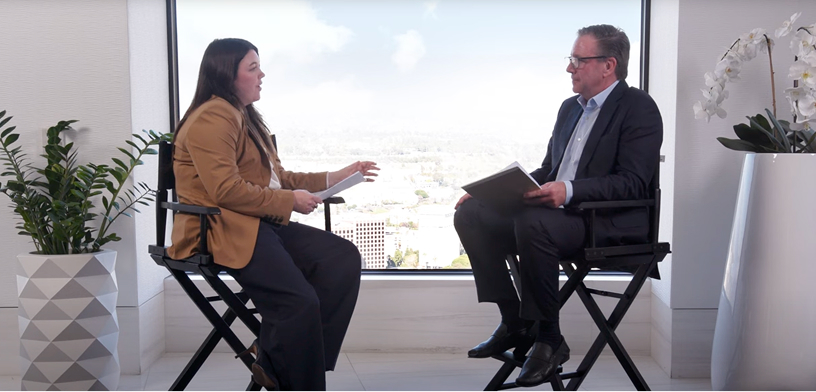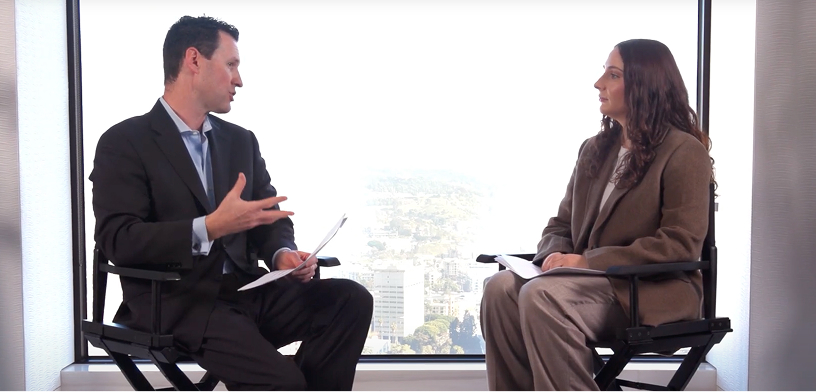Real Estate
Expertise Powered
by Data-Driven
Insights
Featured
insights
INSIGHTS LIBRARY
Insights from our investment professionals, including sector research, real estate analysis, and commentary on macroeconomic trends shaping today’s markets.
The latest news on our business, including press releases, employee updates, and corporate responsibility news.
INSIGHTS LIBRARY
Research and Market Commentary
Insights from our investment professionals, including sector research, real estate analysis, and commentary on macroeconomic trends shaping today’s markets.
Corporate Updates
The latest news on our business, including press releases, employee updates, and corporate responsibility news.
In Conversation Series
Join the conversation as we discuss market dynamics, investment strategies, and the evolving role of real estate in today’s portfolios.
HOW WE THINK
Learn How Our Research Is Embedded in Our Strategies
At ARA, research is a key component of our process—and the starting point for building resilient portfolios across market cycles. Learn how our data-driven intelligence powers our investment decisions.
Subscribe to
ARA Insights
Stay Ahead of the Curve
Subscribe to receive ARA’s latest market insights, investment commentary, and thought leadership—delivered straight to your inbox.
























Tracking Progress in the New Real Estate Cycle